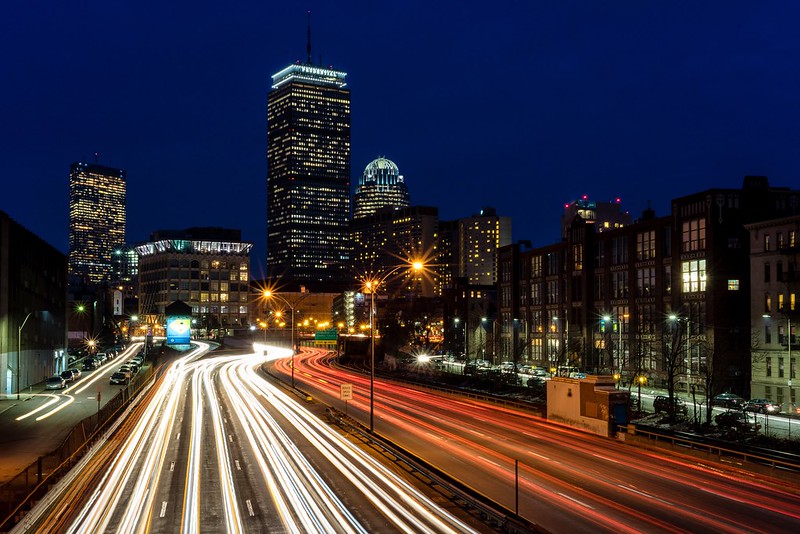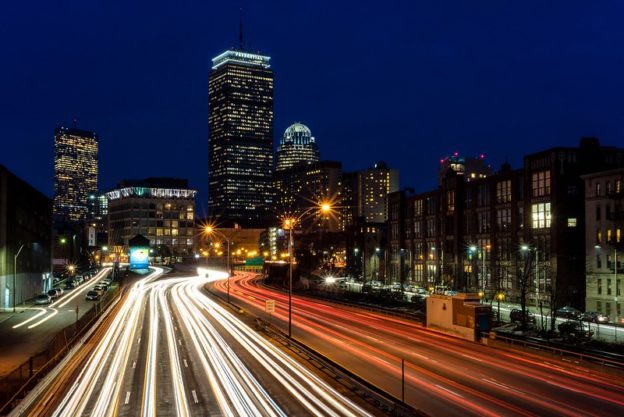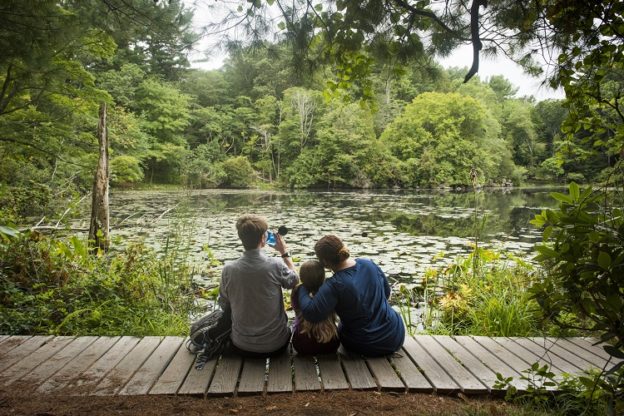On Monday, December 21, leaders from Massachusetts, Connecticut, Rhode Island, and the District of Columbia officially signed on to the Transportation Climate Initiative Program (TCI-P). This bold agreement, which is the first of its kind in the nation, will significantly reduce regional carbon emissions, improving air quality and reducing pollution.
“Mass Audubon applauds Governor Baker and his staff for their leadership on TCI-P. This program is urgently needed to address the largest sector of greenhouse gas emissions in the Northeast and Mid-Atlantic region—the transportation sector,” states David J. O’Neill, President of Mass Audubon. “In the implementation of the TCI, we also will advocate vigorously for increasing funds to mitigate air pollution and provide more affordable and just transportation options for communities who are most vulnerable to the impacts of climate change.”

The TCI program raises funds through a cap-and-invest program that requires large fuel suppliers to purchase allowances for the pollution caused by the combustion of fuels they sell. These funds will be invested into clean transportation options, including public transit and electric vehicles.
The TCI-P also seeks to address decades of inequitable practices that disproportionately impact Brown, Black, and low-income communities. The TCI Memorandum of Understanding (MOU) commits a minimum of 35 percent of the proceeds be dedicated to communities underserved by the transportation system and overburdened by pollution. This is a start, but we know it is not enough to ensure that frontline communities benefit equitably from clean transportation projects and programs.
The involvement of environmental justice communities is essential in the creation of climate change policies that have lasting economic and public health impacts. While we are pleased to see a commitment to investing in our most climate vulnerable communities and to the Equity Advisory Boards outlined in the MOU, we are disappointed the process that led to the agreement was not an inclusive one.
TCI represents the significant strides needed to tackle the climate crisis for both people and wildlife. Given the indisputable science, we cannot afford to miss this opportunity to reduce transportation emissions and invest in clean, equitable mobility solutions.




